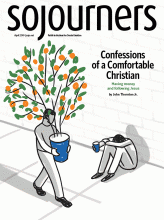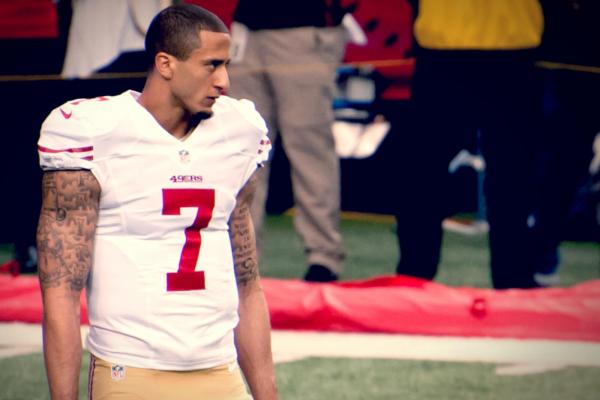THOMAS KUHN INTRODUCED the term “paradigm shift” into common parlance in the 1960s. New paradigms teach us to see the world differently. When we receive a new paradigm, all the data flees the old one and settles into the new. For Kuhn, the classic example of a paradigm shift is the way Copernicus’ solar-centered model of the world displaced Ptolemy’s Earth-centered theory during the European Renaissance.
I knew all of that. But when Irish poet Micheal O’Siadhail referred to Copernicus as “Copernik” in his recent release, The Five Quintets, it set me toward a new thought. “Copernik” (first name Nicolaus) sounds a lot like “Kaepernick” (first name Colin).
It followed for me that Copernik (with his solar-centered hypothesis) and Kaepernick (with his refusal to stand during the national anthem at NFL games) were up to the same thing. Both performed new paradigms. While Copernik’s is now settled theory, Kaepernick’s remains highly contested. It is, moreover, highly contested precisely because it is a new paradigm that threatens everything invested in the old paradigm.
The old paradigm, so treasured in the NFL, consists in a drama of violence, money, and sex (covered by pseudo-nationalism). It provides for rich white “owners” to stage violent struggles between mostly black players. That old paradigm requires black players to conform to the ideology of white owners who use the U.S. flag to legitimate their enormous wealth and control, as if these were somehow patriotic. And because the liturgy of sex-money-violence-nationalism has become so ordinary and routine, no one notices it—exactly how the owners prefer.
Now comes Colin Kaepernick with a new paradigm that asserts that black players are free agents who are not “owned” and who do not need to participate in, collude with, or endorse the owner’s ideology.
Read the Full Article

